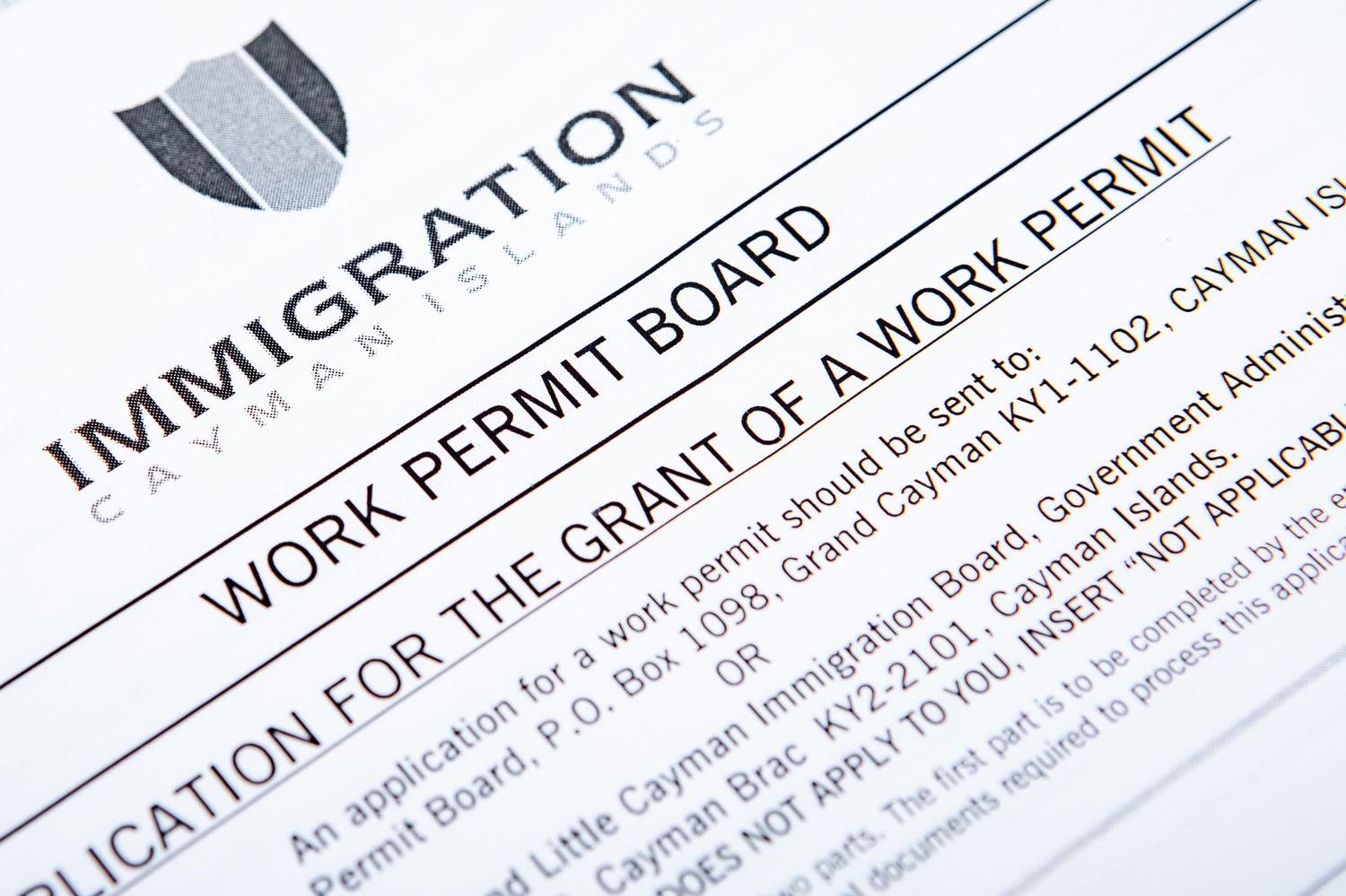Strict work permit regulations exist to ensure that Caymanians, the spouses of Caymanians, Permanent Residents and existing residents are given preference (in that order) for any position. This can be something of a minefield for the uninitiated.
The rules present some unique hurdles to the expatriate job-seeker, so a basic understanding of this process is required to put the employment market in context and avoid finding yourself in a position that is improvident at best and disastrous at worst.
Unless contracted to Government, expatriates must either hold a valid work permit (which includes a Special Economic Zone Certificate), a Certificate of Direct Investment, a Residency and Employment Rights Certificate or hold Permanent Residency with the right to work in a prescribed occupation or occupations in order to work and reside in the Cayman Islands.
The administration of work permits is the responsibility of the Cayman Islands Government Department of Workforce Opportunities and Residency Cayman (WORC) (formerly the Department of Immigration) and are the legal obligation of your employer. There is also an understandable emphasis on the training of local staff to ensure that they have an opportunity to develop their skills. The onus is on the employer to demonstrate to WORC that they have tried to fill the position with a Caymanian. In order to do so, the employer must first advertise the position locally for a minimum of two consecutive weeks and also register the vacancy with the National Workforce Development Agency (which, among many other responsibilities, assists local people in finding employment). Only after all efforts to recruit locally have failed, can the employer rightfully justify a work permit application. This process must be repeated periodically (usually once every two years) depending on the employer’s circumstances. Some employees can however be granted work permits of up to five years’ duration, or even, in relation to senior positions in aspects of the financial services industry, 25 years.
Work permits can take as long as three months to be processed, although often they are issued within six weeks of application. Temporary Work Permits (for anything from 30 days to up to six months) can be granted within a matter of days (if an express fee is paid), but they are generally discouraged in favour of full (i.e. one year) permits. Temporary Work Permits should therefore only be used when the circumstances justify it, for example where there is genuine urgency or where the employment is genuinely temporary in nature. A seasonal workers’ permit allows the employee to work for eight months. Where employees are only required for very short periods and no residence in the Islands is expected, exemptions from the work permit restrictions can apply in particular circumstances. Other types of permission such as a Business Visitor’s Permit or even a Visitor’s Work Visa may be appropriate alternatives. (Note: a work permit is granted for a specific position with a specific employer). This means that a work permit holder is not entitled to work in any other capacity or for any other employer and that any significant changes to the person’s role within the organisation, must be approved by WORC prior to the individual taking up a revised role.
If you want to take up employment with a different company while you have an existing work permit, your current employer must provide a letter to Immigration releasing you from your work permit. You should therefore be doubly sure that any position is right for you before committing to a long-term contract. Once in employment you should take some time to consider your situation before your employer applies for your work permit renewal, as you are effectively bound to them from the time of application until expiry of the permit, unless the permit is cancelled at the employer’s request.
It is unlikely an employer will be granted a work permit unless a) the proposed expatriate employee is professionally qualified or very well experienced in a relevant field, or b) there is literally no interest in the position from the local workforce (which is actually fairly common). This creates something of a “Catch 22” for those expatriates without a professional qualification. The better the position, the higher the level of interest from the local workforce and the less likely it is that an expatriate will be granted a work permit.
There are certain occupations that presently seem to hold little appeal for existing residents. These are often positions that offer little job security, irregular or anti-social hours of work, or a somewhat unpredictable or unreliable income stream. Examples of such lines of work are office temping, diving, nursing, construction, food and beverage service and most commission-based sales positions.

